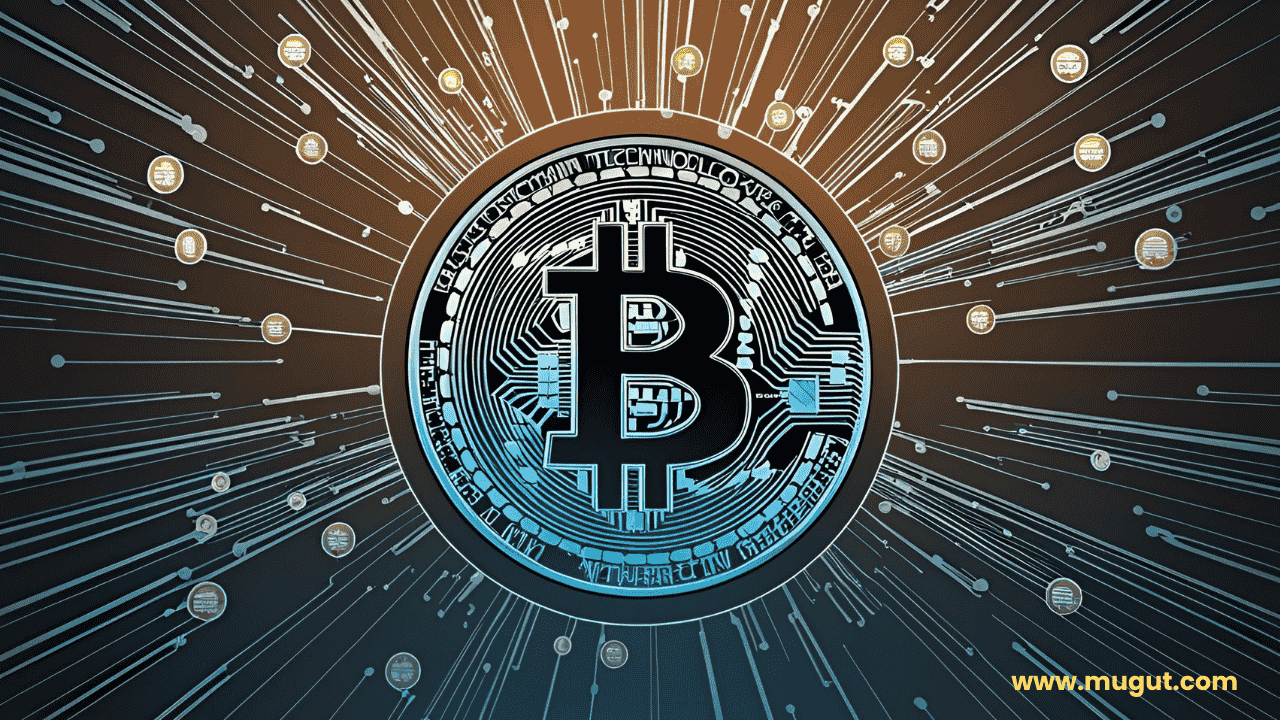So, friends, have you ever wondered what blockchain technology is and why it has become such a big buzzword? If not, then no problem, we will explain everything to you in this article, that too in simple language, so that you can have fun and can get all of our points.
What is Blockchain Technology?
Blockchain is a kind of digital ledger, It is like a big book in which all transactions are written. But this is not a normal book which is kept in a bank or any office. Its control does not lie with any one person or company, but it is decentralized. Means, This ledger is stored on thousands of computers (called nodes) around the world. Every node has a copy of it, and all nodes have to agree to make any changes.

This means each transaction is recorded in a “block”, and these blocks are connected like a “chain”; hence, its name is the “blockchain”. Once a data block is added, it is almost impossible to change it. It is like a public record book, in which every entry is tamper-proof. You might be thinking, “This is just for Bitcoin, right?” No, blockchain is now being used in every field, from finance to medical healthcare.
How does Blockchain work?
Now let us understand in detail how it works. Let’s say you want to send $100 to your friend digitally through blockchain. How will this process happen? Let’s see step-by-step:
Step 1: Transaction has started
When you start a transaction, it is broadcast to all the nodes on the network. What it means to say is that every node gets to know that “This guy is sending $100”.
Step 2: Verification
Now, the transaction gets verified. Nodes check whether your money is $100 or not and whether it is a valid transaction or not. This is what miners do. These people (Miners) solve complex math problems with their computers. This process is called “mining”. When the problem is solved, the transaction is verified.
Step 3: Adding in The Block
The verified transaction is added to a block. Each block contains a unique code from the previous block, this is called a “hash.” It connects hash blocks into a chain. If someone tries to change the block, a hash mismatch occurs, and the chain gets broken; this prevents fraud.
Step 4: Join the Chain
When the block gets added to the chain, it becomes permanent. Now, this transaction gets updated in the ledger of nodes around the world. Everyone gets to know that you have sent $100.
Consensus Mechanism
This entire process runs on a “consensus mechanism”, which ensures that all nodes agree on the same thing. There are two popular methods for it:
- Proof of Work (PoW): Miners compete to solve problems. It is a little slow and also consumes more energy.
- Proof of Stake (PoS): In this method, validators are chosen on the basis of the stake of the cryptocurrency they keep. It is faster and eco-friendly.
Got it, right? Now, think, it’s not just about the money but any data, like contracts or medical records, can be stored this way.
Why does Blockchain matter in 2025?
Now, let’s talk about the real thing: Why will blockchain be so big in 2025? This technology is already making waves in many industries, and it will become even bigger in the future. Let’s see some examples:

1. Changes in Finance
You may have heard how slow and costly international payments are, sometimes, it takes 2-3 days. Blockchain can do this in seconds, that too with low fees. Have you heard the name Decentralized Finance (DeFi)? It is challenging traditional banks, now you don’t need a bank; you can make loans, savings, or investments directly from blockchain.
2. Transparency in Supply Chain
It is difficult to trace the real journey of the phone or clothes you use, isn’t it? With Blockchain, records of every product, like where it was made and where it was shipped from, can all be tracked. This ends the scourge of fake products. Suppose you have bought a mango; using blockchain technology, you get to know even which firm it came from.
3. Security Healthcare
In hospitals, patient records are stored in one place, and sometimes they get leaked. With Blockchain, this data can be stored in a secure manner, and only authorized people can access it. Privacy and efficiency are both important.
4. Preventing Voting Fraud
You are hearing about fraud in elections. With Blockchain, voting can be transparent and tamper-proof. Every vote will be recorded in a block, which no one can change. In future, we will probably start seeing such systems.
5. Smart Contracts
Smart Contracts are another big benefit. These are automatic agreements that run on the blockchain. Suppose you are taking a house on rent; the smart contract will automatically check whether the payment has been made or not, and if so, it will give you the keys. There is no need for middlemen.
Benefits of Blockchain
Well, let’s make a little list of why blockchain is so awesome:
- Transparency: Every transaction is visible on the public ledger.
- Security: Cryptography and decentralization make data hack-proof.
- Efficiency: No middlemen are needed, so processes become fast and cheap.
- Immutability: Once the data is recorded, it is difficult to change it.
From the perspective of these benefits, blockchain will make its place in every industry by the end of 2025.
There are challenges too
Yes, a little reality check is also necessary. Blockchain is not perfect. Energy consumption (as in PoW) is a big problem. Scalability is also an issue; right now it can’t handle many transactions at once like Visa or Paytm. But people are working on it, and new solutions will be introduced in the future.
Conclusion
Blockchain technology is a tool that is taking us towards a decentralized and secure future. This is not just a technology, but a new way of thinking. In Future, it will transform industries, economies, and our daily lives. If you can understand about the use of blockchain technology now then you can get best future opportunities. Learn more about Blockchain and be a part of this digital revolution.
We mentioned bitcoin and ethereum many times, so if you are interested in learning about them, then we have published a complete article about them for you – Bitcoin vs. Ethereum: Which Is a Better Investment?
